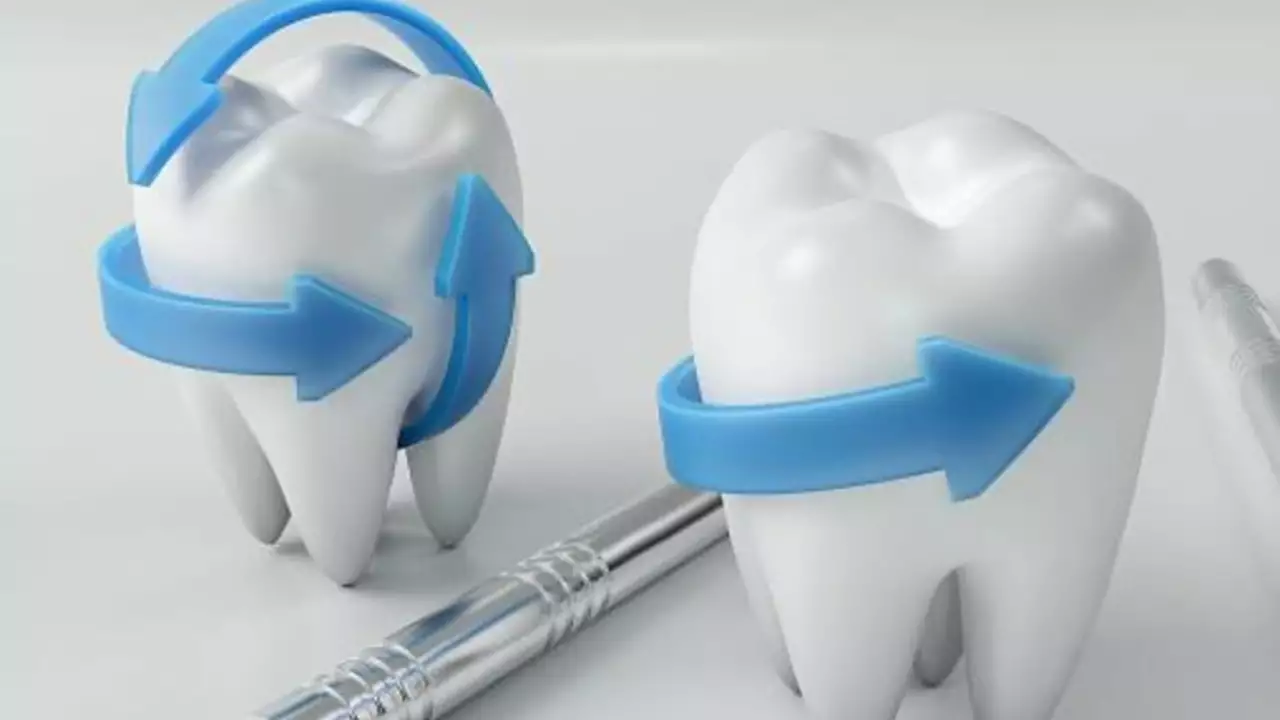Dental Health: Simple Steps for a Stronger Smile
If you’ve ever wondered why some people seem to have flawless teeth while others battle cavities, the answer is usually down to daily habits. Good dental health isn’t a mystery – it’s about a few easy actions you can start today.
Master the Basics: Brush, Floss, Rinse
The three‑step routine (brush, floss, rinse) works because each part attacks a different type of plaque. Use a soft‑bristled toothbrush and fluoride toothpaste. Two minutes, twice a day, is enough – set a timer if you need to. Hold the brush at a 45° angle to your gums; gentle circles do the trick better than harsh scrubbing.
Flossing often feels awkward, but it’s the only way to clear food stuck between teeth where a brush can’t reach. Slide the floss up and down, forming a C‑shape around each tooth. If traditional floss is tough, try floss picks or water flossers – they’re just as effective.
Finish with an alcohol‑free mouthwash if you like fresh breath, but don’t rely on it to replace brushing or flossing. Rinse for 30 seconds and spit; avoid swallowing the rinse.
Food, Drinks & Supplements that Impact Your Teeth
Sugar is the main villain behind cavities. Bacteria love sugary snacks, turning them into acid that eats enamel. Cut back on soda, candy, and sticky foods, or brush right after indulging.
Acidic drinks (coffee, citrus juices, sports drinks) can erode enamel too. Sip through a straw, drink water afterwards, and wait at least 30 minutes before brushing to let saliva neutralize the acid.
Your diet can also protect teeth. Crunchy veggies like carrots and apples naturally clean surfaces while you chew. Dairy products deliver calcium and phosphate, which help rebuild enamel.
Supplements matter for some people. Vitamin D improves calcium absorption, and a daily dose of 800–1000 IU is often enough for adults. Calcium tablets can fill gaps if you’re low on dairy, but don’t replace solid foods.
Spotting Common Problems Early
Cavities start as tiny white spots. If you notice them, schedule a dentist visit – early treatment avoids larger drills later. Bleeding gums during flossing? That’s usually the first sign of gum disease. Gentle brushing and regular floss can reverse mild inflammation, but persistent bleeding needs professional cleaning.
Sensitivity to hot or cold drinks often means enamel wear or exposed dentin. Desensitizing toothpaste with potassium nitrate helps; use it twice a day for a few weeks.
Teeth whitening is popular, but over‑the‑counter gels can cause irritation if misused. Stick to products with no more than 10% peroxide and follow the instructions exactly.
When to Call the Dentist
A routine check‑up every six months catches problems before they become painful. If you have persistent pain, swelling, a loose tooth, or notice a sudden change in bite, don’t wait – book an appointment.
Pregnant women, diabetics and people with dry mouth (often from meds) should see their dentist more often because they’re at higher risk for gum disease.
Remember, good dental health is a daily habit, not a yearly event. By brushing correctly, flossing daily, watching your diet, and seeing the dentist regularly, you’ll keep your smile bright and strong for years to come.
Hydrochlorothiazide and Dental Health: What You Need to Know
In today's blog post, I want to discuss an important topic that many people may not be aware of - the connection between Hydrochlorothiazide usage and dental health. Hydrochlorothiazide, a common medication for high blood pressure, can have some potential side effects on our oral health. It's crucial to be informed about these side effects so we can take proper care of our teeth and gums. In my research, I found that this drug may cause dry mouth, gum swelling, and even tooth sensitivity. Therefore, if you're taking Hydrochlorothiazide, always consult with your dentist and take adequate measures to maintain good dental health.






